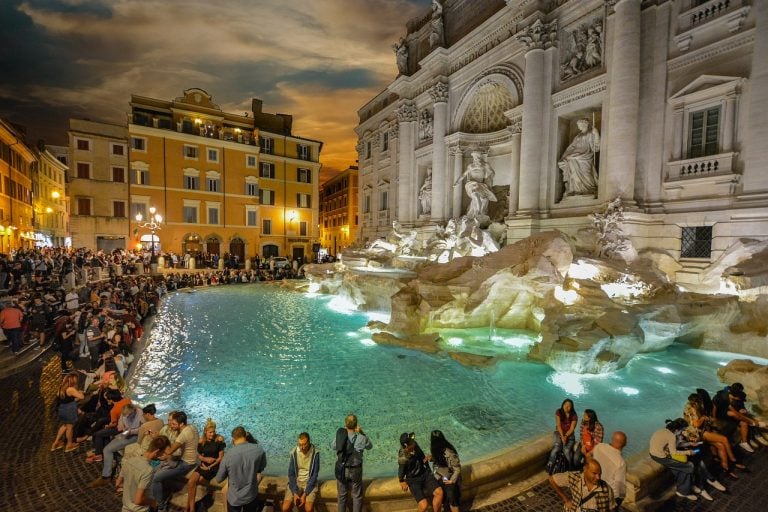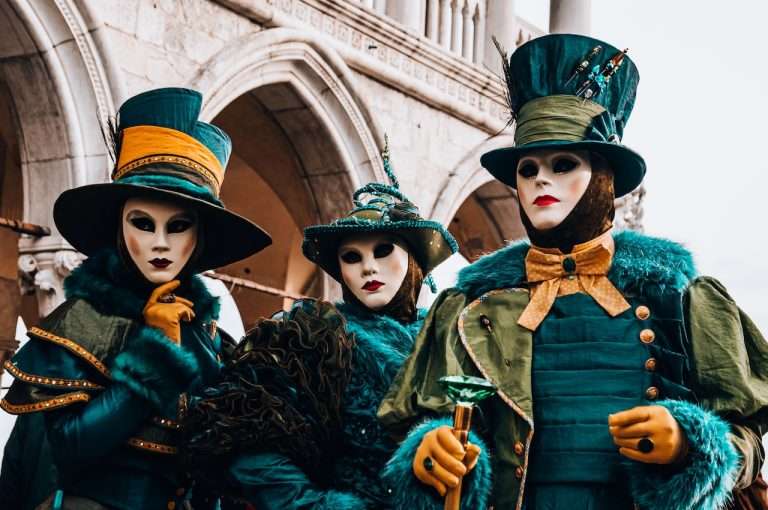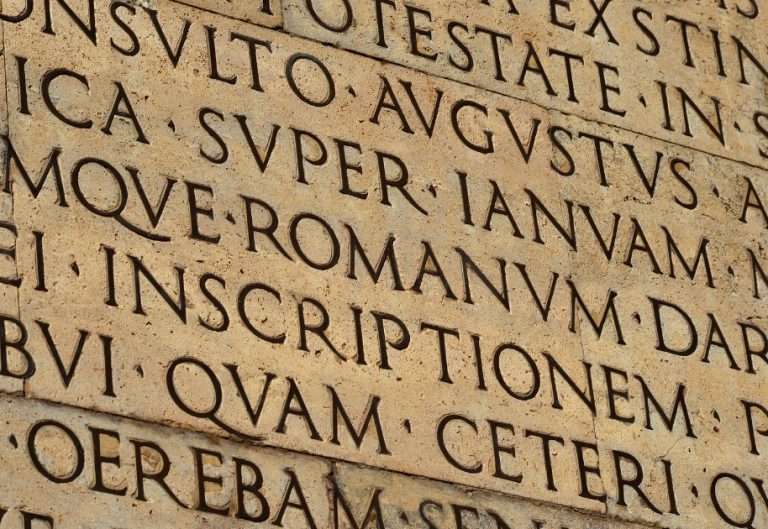Why Santa Claus is Called Babbo Natale in Italian
“Santa Claus” is translated in Italian as “Babbo Natale.” The word “Babbo” is a familiar term for “father,” and “Natale” means “Christmas,” so “Babbo Natale” means “Father Christmas.”
But Babbo Natale’s celebration history goes much further than just a simple translation.
Babbo Natale: A Beloved Figure in Italy

Babbo Natale’s origins can be traced back to the early Christian church in Italy, where he was known as Saint Nicholas (Saint Nick) or San Nicola in Italian.
St. Nicholas was a real person, a bishop in the 4th century known for his kindness and generosity. He was said to have given gifts to the poor and became known as the protector of children.
Over time, the legend of Saint Nicholas evolved and merged with other Christmas traditions, such as the Germanic figure of Father Christmas.
By the 18th century, the modern figure of Santa Claus (Babbo Natale in Italian) had emerged in Italy with his red suit, white beard, and love for giving gifts to good children.
Understanding the Italian Name Babbo Natale for Santa Claus
“Babbo” is a colloquial expression used in many Italian regions to refer to one’s father, whereas “Natale” denotes the festive season of Christmas.
As such, when combined, these words give rise to the term “Babbo Natale,” which translates to “Father Christmas.”
How to Say Santa Claus in Italian
Babbo Natale is the term used to refer to Italy’s Santa Claus. Hear its pronunciation in the audio below.
Pronunciation Notes: The phrase “Babbo Natale” is pronounced approximately as “Bah-bo Nah-tah-leh.” Here is a breakdown:
- “Babbo”: “Bah-bo” (‘ah’ as in ‘car’, ‘o’ as in ‘pot’).
- “Natale”: “Nah-tah-leh” (‘ah’ as in ‘car’, ‘a’ as in ‘cat’, ‘e’ as in ‘let’).
Remember, Italian pronunciation is quite phonetic, so pronouncing each vowel and consonant distinctly will help in getting it right.
Is Babbo Natale Important to Italians?

Babbo Natale is an important figure in Italian Christmas traditions. In Italy, as in many other countries, children often write letters to Babbo Natale, asking him to bring them gifts on Christmas Eve.
Many Italian families eagerly await Babbo Natale, the Italian Santa Claus, to celebrate the joy and wonder of Christmas. In keeping with tradition, families leave out cookies, candy, and other sweet treats on Christmas Eve as a token of appreciation and thanks for the gifts that he brings.
In his vibrant red suit, Babbo Natale travels on a sleigh pulled by reindeer, carrying a sack full of presents for the children. He lands on rooftops and makes his magical entry through the chimney.
He delivers gifts under the Christmas tree and spreads holiday cheer in every household, making the festive season more delightful and memorable. The delicious treats left out for him embody the warmth and love of the families celebrating this cherished tradition in Italy.
Suggested Read: Italian Christmas Quiz: Test Your Festive Trivia IQ
Babbo Natale is often depicted in Italian Christmas decorations. His image is prominently featured on Christmas-themed merchandise like cards, wrapping paper, and ornaments commonly found in Christmas markets.
Final Thoughts

Overall, Babbo Natale is an integral part of Christmas in Italy and is beloved by Italian kids and adults alike.
He is seen as a symbol of generosity and kindness, often depicted as a friendly, jolly figure who loves to spread joy and cheer to Italian children and families.
Babbo Natale reminds us of the spirit of giving and selflessness at the heart of the Christmas season. He remains an important figure in Italian culture, and his popularity is recognized worldwide.
Recommended Reading:
- 5 Italian Christmas Trees That Will Add Some Serious Holiday Cheer
- 10 Stunning Italian Flowers That Will Make Your Garden Bloom







